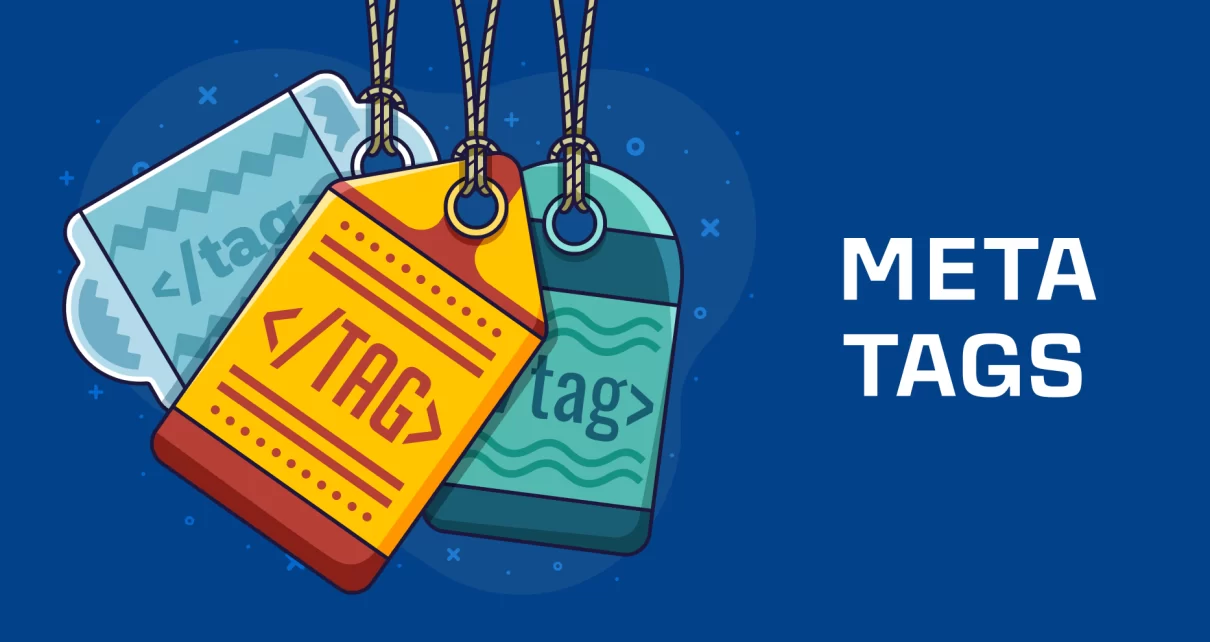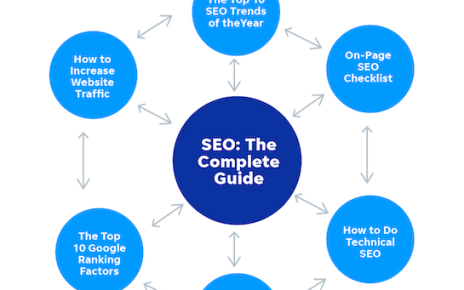Meta tags are an integral part of web development and search engine optimization (SEO). They provide important information about a web page to search engines and other online platforms. While they are not directly visible on the webpage, meta tags play a significant role in how search engines index and display content in search results. In this article, we will explore what meta tags are, why they are important, and how they can be used effectively.
What are Meta Tags? Meta tags are snippets of HTML code that provide metadata about a web page. They serve as concise summaries or descriptions of the content contained on the page. These tags are placed in the head section of an HTML document and are not displayed on the actual page visible to users. Instead, they are read by search engines and other online services to understand the purpose and relevance of the page’s content.
Types of Meta Tags:
- Meta Title: The meta title tag specifies the title of a webpage. It appears as the clickable headline in search engine results and is crucial for search engine optimization. The title should accurately reflect the content of the page and include relevant keywords to improve visibility and click-through rates.
- Meta Description: The meta description tag provides a brief summary of the webpage’s content. It appears below the title in search engine results and serves as a preview of what the page offers. A well-crafted meta description can entice users to click on the link, making it an essential element for attracting organic traffic.
- Meta Keywords: Historically, meta keywords were used to indicate the primary keywords relevant to a webpage. However, due to abuse and misuse, search engines like Google no longer consider meta keywords when ranking pages. Consequently, meta keyword tags are now obsolete and hold no significant value in SEO.
- Meta Robots: The meta robots tag instructs search engine crawlers on how to treat the page. It can include directives such as “index” (allow indexing), “noindex” (prevent indexing), “follow” (follow links on the page), “nofollow” (do not follow links on the page), and more. This tag helps control the visibility and indexing of web pages.
- Meta Viewport: The meta viewport tag is specific to mobile devices and defines how a webpage should be displayed on different screen sizes. It ensures that the content is rendered correctly and is responsive across various devices, improving the user experience.
- Other Meta Tags: There are numerous other meta tags that serve specific purposes. Some examples include meta author (identifies the author of the content), meta copyright (indicates copyright information), meta refresh (automatically redirects the page after a specified time), and meta OG tags (used for social media sharing, providing title, description, and image metadata).
Importance of Meta Tags: Meta tags are crucial for several reasons:
- Search Engine Optimization (SEO): Well-optimized meta tags can positively impact a webpage’s search engine rankings, visibility, and click-through rates. By including relevant keywords and compelling descriptions, you can increase the chances of attracting organic traffic to your website.
- User Experience: Meta tags provide concise information about a webpage’s content, allowing users to assess its relevance before clicking on the link. A well-written title and description can influence user behavior, attracting more visitors and improving engagement.
- Social Media Sharing: When a webpage is shared on social media platforms, meta tags play a vital role in determining the title, description, and image preview displayed. Optimizing meta OG tags ensures that shared links are visually appealing and accurately represent the content, leading to higher click-through rates.
- Accessibility and Indexing: Meta tags help search engine crawlers understand the structure and relevance of web pages, aiding in proper indexing. By using meta robots tags, you can control which pages are indexed and ensure sensitive or duplicate content is not mistakenly included in search results.
Tips for Effective Meta Tag Usage: To make the most of meta tags, consider the following tips:
- Be Concise: Keep meta titles within 60 characters and meta descriptions within 160 characters to ensure they are fully displayed in search results.
- Use Relevant Keywords: Incorporate keywords that accurately represent the content and match user search queries. However, avoid keyword stuffing, as it can harm your SEO efforts.
- Unique Meta Tags: Ensure each webpage has unique meta tags that reflect its specific content. Duplicate meta tags can confuse search engines and affect your website’s visibility.
- Compelling and Accurate Descriptions: Craft engaging meta descriptions that accurately summarize the page’s content and encourage users to click on the link.
- Regularly Review and Update: Monitor the performance of your meta tags using web analytics tools and make necessary adjustments to improve SEO and user engagement.
In conclusion, meta tags are essential elements of web development and SEO. They provide valuable information to search engines and users, influencing search rankings, click-through rates, and user experience. By utilizing meta tags effectively and adhering to best practices, you can enhance the visibility, accessibility, and engagement of your web pages.





